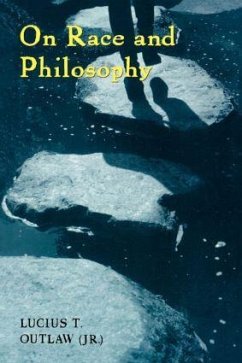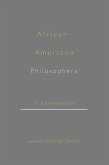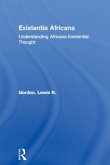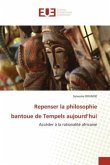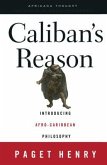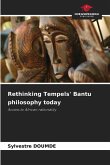On Race and Philosophy is a collection of essays written and published across the last twenty years, which focus on matters of race, philosophy, and social and political life in the West, in particular in the US. These important writings trace the author's continuing efforts not only to confront racism, especially within philosophy, but, more importantly, to work out viable conceptions of raciality and ethnicity that are empirically sound while avoiding chauvinism and invidious ethnocentrism. The hope is that such conceptions will assist efforts to fashion a nation-state in which racial and ethnic cultures and identities are recognized and nurtured contributions to a more just and stable democracy.
"[The book] is bound to cited wherever the issues it raises are discussed." -- Library Journal
"Outlaw offers a deeply considered, radical interpretation of the significance of race, not only in philosophy, but in modernity. A wide range of important approaches--including critical theory, pragmatism, poststructuralism, African philosophy, and Afrocentrism are deeply illuminated by his brilliant and humane interrogations. Drawing inspiration from a careful reading of W.E.B. Du Bois, Outlaw provides compelling and controversial new perspectives on the dynamics of race which will resonate in many disciplines for years to come." -- Howard Winant, Professor of Sociology, Temple University
"Outlaw offers a deeply considered, radical interpretation of the significance of race, not only in philosophy, but in modernity. A wide range of important approaches--including critical theory, pragmatism, poststructuralism, African philosophy, and Afrocentrism are deeply illuminated by his brilliant and humane interrogations. Drawing inspiration from a careful reading of W.E.B. Du Bois, Outlaw provides compelling and controversial new perspectives on the dynamics of race which will resonate in many disciplines for years to come." -- Howard Winant, Professor of Sociology, Temple University

